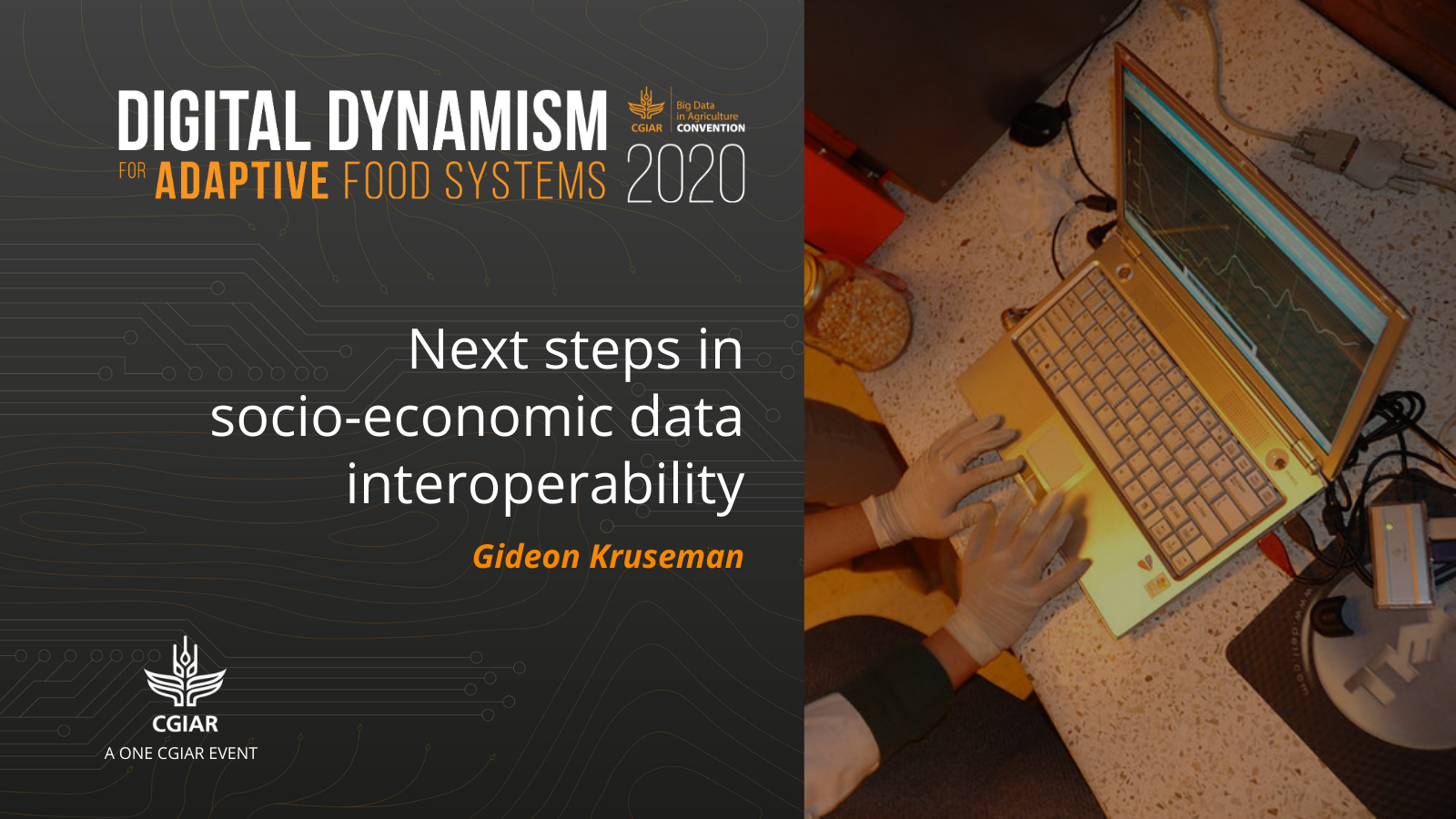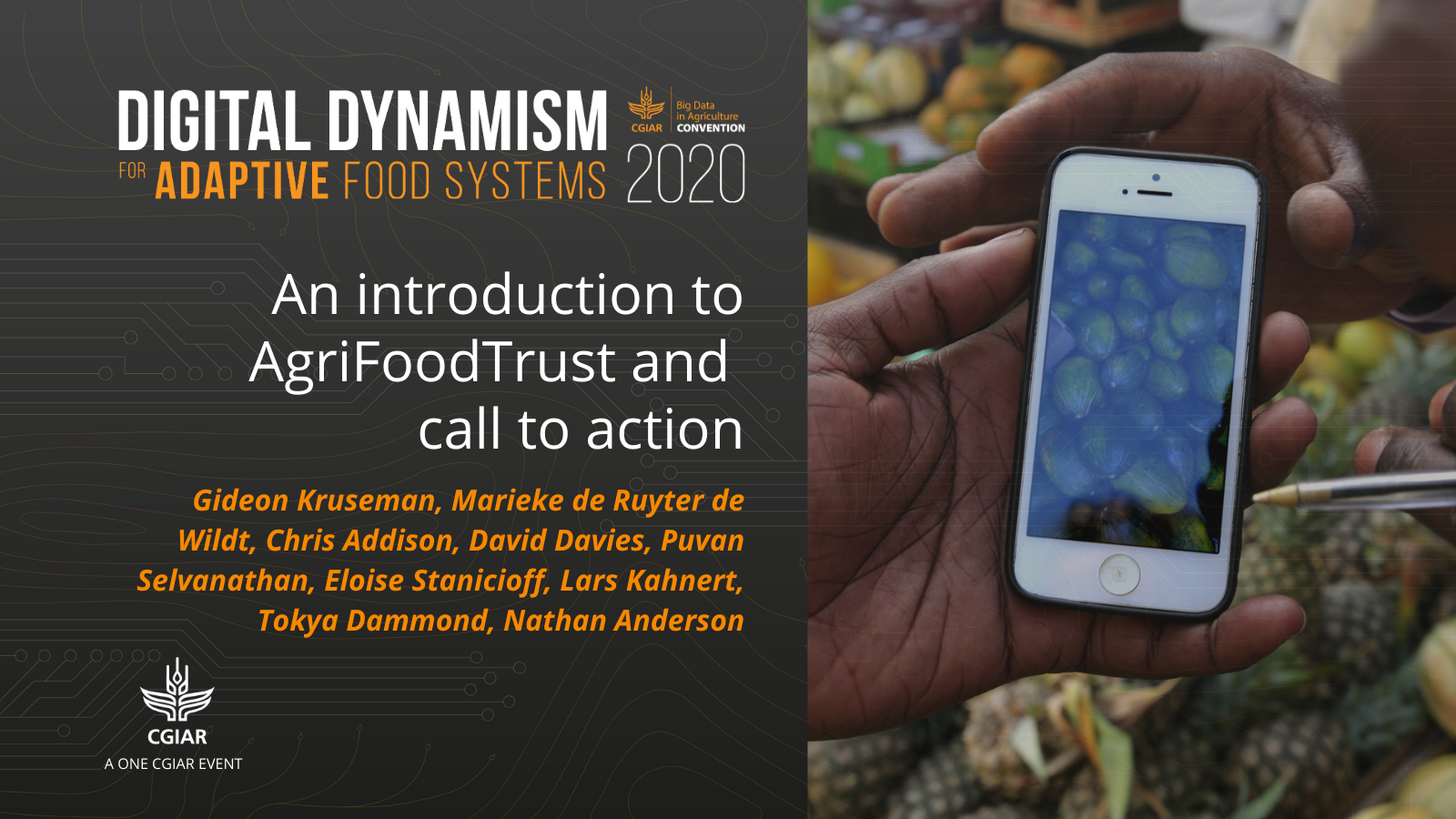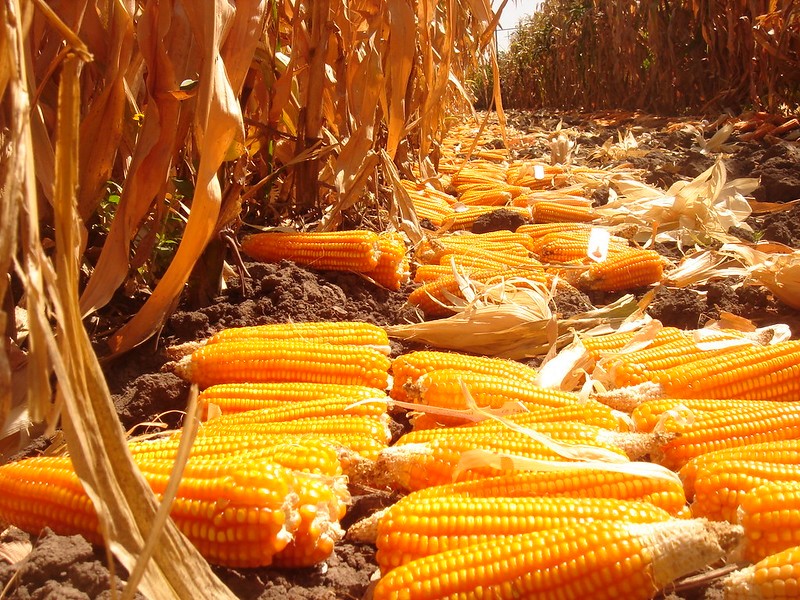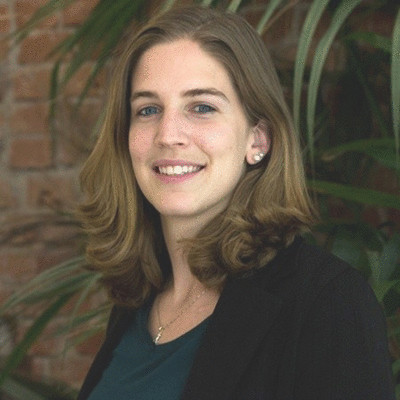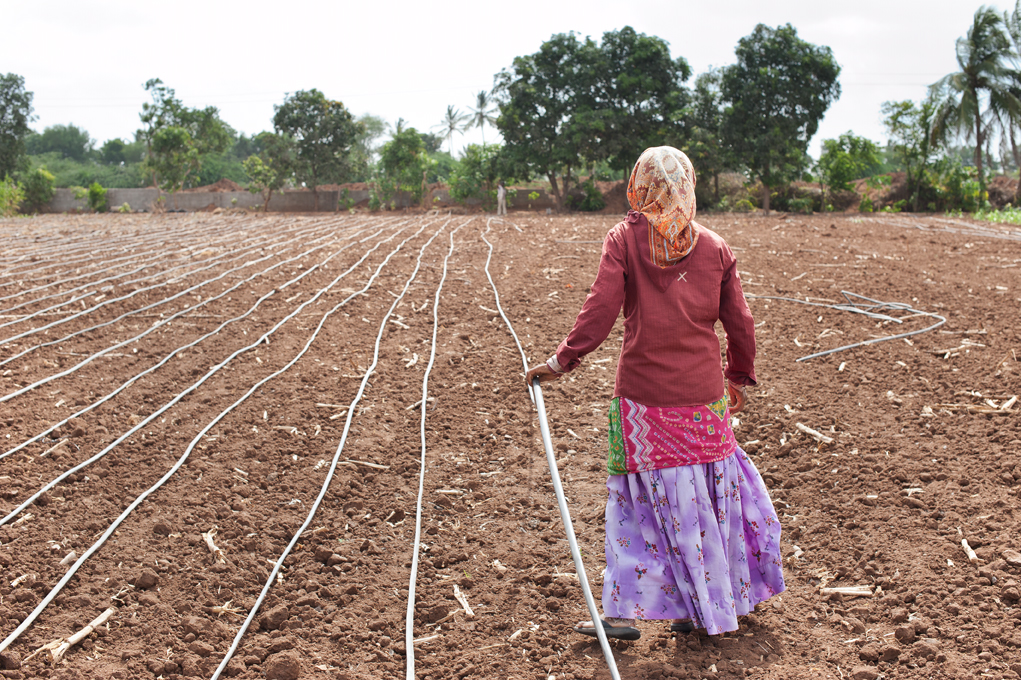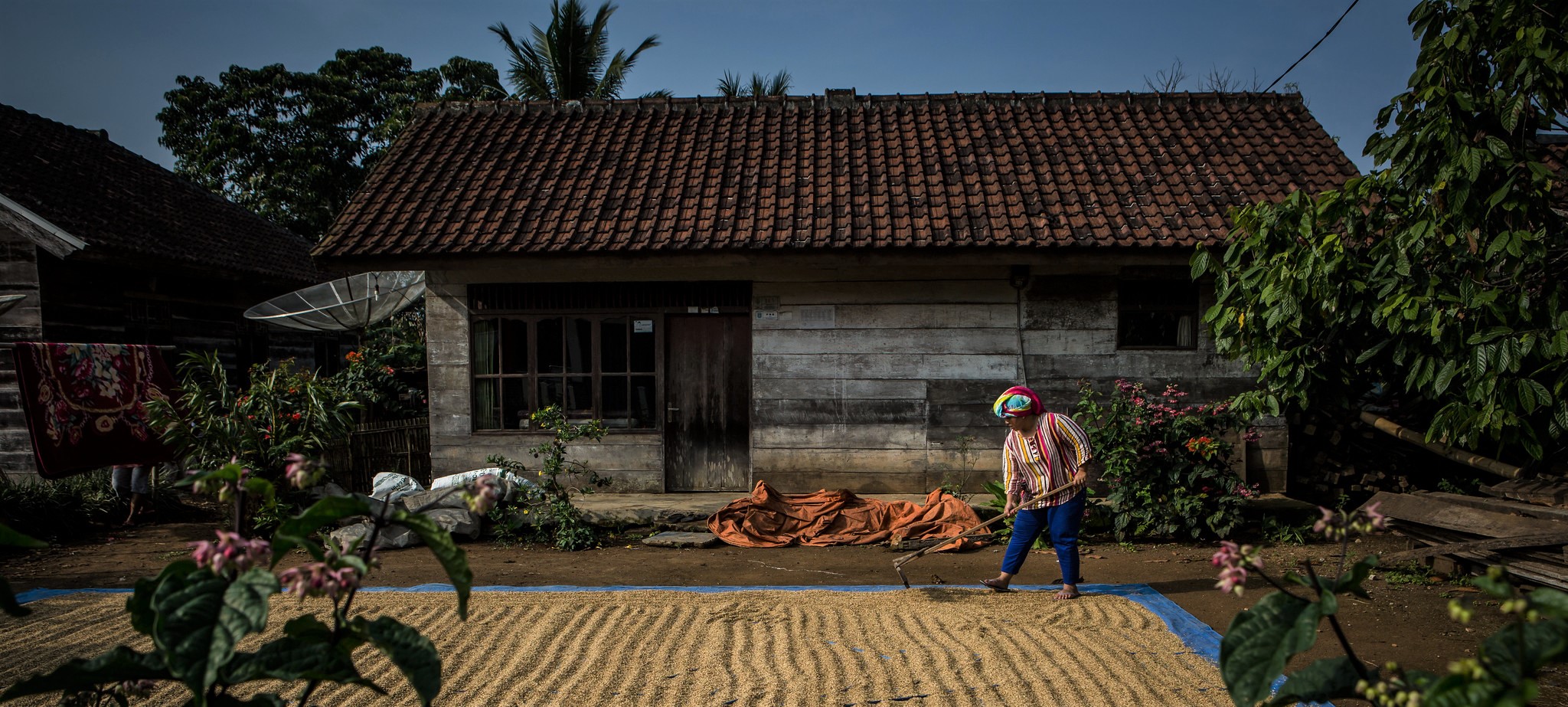Socio-economic Data
Community of PracticeWelcome!
The Community of Practice on socio-economic data (SED-CoP), led by CIMMYT, aims at bringing together CGIAR centers, academia, not-for-profit research and development organizations and private sector partners willing to tackle major issues related to socio-economic data.
The community works together on strategies to make the data interoperable, in order to enhance the impact and the use of CGIAR-related socio-economic data for partners in development.
This space can be used as a discussion area, share and request relevant information and contribute towards building the community as a whole.
Read more
Socio-economic data—collected by government surveys, CGIAR researchers and partners in academia, and businesses and non-government organizations—are used to enhance and trace the impact of international agricultural research, and for policy-making purposes. In the target geographies of CGIAR, low and middle-income countries where major food commodities are produced, if socio-economic data exist at all, they are rarely findable, accessible, interoperable or reusable (FAIR).
Economic data are typically semi- or unstructured, and therefore messier to manage and analyze than genetic data, for example. With data from 180,000 annual household interviews conducted by 15 CGIAR centers, the SED-CoP will create an ontology of socio-economic concepts; standardize a set of key indicators through survey questions so responses are meaningful to all centers; and build a blueprint for interoperability so the information is useful to other domains.
Get in touch
CoP Lead
Gideon Kruseman | Email
From the International Maize and Wheat Improvement Center (CIMMYT) in Texcoco, Mexico.
Engage with the Community
BE INFORMED
Tune in to the latest CoP updates by subscribing to our newsletter.
ENGAGE
Interact with community members through our LinkedIn Group.
Working groups
The socio-economic data CoP hosts a series of short-life working groups and projects where the real work of the community takes place.
100Q
The working group on 100 questions was formed at the start of the CoP and as of end of 2017 is led by Mark van Wijk of the International Livestock Research Institute (ILRI).
100Q is one of three working groups working to provide the conditions to make socio-economic data FAIR (Findable, Accessible, Interoperable and Reusable).
The name 100Q comes from an arbitrary number of 100 questions needed to be asked in standard household surveys in order to get information on key socio-economic indicators that can be useful for research, policymaking, and impact assessment.
Collaborators in this working group include CGIAR scientists from amongst others, ILRI, the International Maize and Wheat Improvement Centre (CIMMYT), the International Food Policy Research Institute (IFPRI), the World Agroforestry Centre (ICRAF) and the International Center for Tropical Agriculture (CIAT), scientists from University of Washington, University of Minnesota, and Royal Tropical Institute KIT.
Get involved: If you want to contribute to these efforts to develop the standards for surveys, please contact Mark van Wijk.
CAPI
Computer-aided personal interview (CAPI) software is at the core of electronic socio-economic data capture and is an important component of generating actionable socio-economic data sets. The working group, led by Mike Murphy from the International Food Policy Research Institute (IFPRI), shares some best-practices in the use of CAPI software.
Get involved: If you would like to contribute to these efforts to develop and share best practices on CAPI, or if you are completely new to CAPI and would like to learn more, please contact Mike Murphy.
SociO!
A socio-economic ontology of controlled vocabularies, classifications, and concordances that allow standardization of key indicators. The key is that in SociO! Is a ‘living’ ontology, since the high variety of socio-economic data implies that it will need to evolve continuously.
The ontology has been developed by CGIAR researchers from the International Food Policy Research Institute (IFPRI), Bioversity International and the International Maize and Wheat Improvement Centre (CIMMYT). The working group on the socio-economic ontology Socio! works in close collaboration with the Ontology CoP led by Elizabeth Arnaud. The Socio! working group is led by Soonho Kim of IFPRI.
Get involved: If you want to contribute to these efforts to develop the socio-economic ontology, please contact Soonho Kim.
OIMS
To make socio-economic data or any data for that matter, truly interoperable we need to have machine-readable structural metadata that allows the relatively easy construction of extract, transform, load (ETL) procedures to extract information from our data sets for further analysis or for combining with other data sets with well defined structural metadata.
OIMS stands for ontology independent metadata schema. This work is done by the International Maize and Wheat Improvement Centre (CIMMYT), scientists from various different disciplines in close collaboration with the Minnesota Supercomputing Institute (UMN-MSI) and the College of Food, Agriculture and Natural Resource Sciences (UMN-CFANS) as part of the International Agroinformatics Alliance (IAA).
Get involved: If you want to contribute to these efforts to develop the ontology independent metadata schema, please contact Gideon Kruseman.
Blockchain coalition
The blockchain coalition is a group of CGIAR scientists, scientists from academia and advanced research institutes, private sector stakeholders, development practitioners and blockchain enthusiasts who want to promote blockchain for good as part of an effort to try to address some of the seemingly insuperable problems faced by agri-food system value chains in low and middle-income countries.
Get involved: If you want to contribute to the blockchain coalition whether as a scientist, a blockchain tech developer, development practitioner or private sector stakeholder in an agri-food value chain that can use blockchain or distributed ledger technology to benefit the poor, please contact Gideon Kruseman.
Gender
The CGIAR Collaborative Platform for Gender Research is actively working with qualitative and quantitative data generated by combined CGIAR gender research activities. This platform and the CGIAR Platform for Big Data in Agriculture are keen on collaborating to integrate gender research perspectives into big data opportunities and vice-versa. The working group is coordinated by Ewen LeBorgne of the Royal Tropical Institute in Amsterdam.
Get involved: For more information and how to get involved please contact Ewen LeBorgne.
Ethics, privacy, data confidentiality & cybersecurity
The working group on ethics, privacy, data confidentiality and cybersecurity looks at issues related to responsible data management of socio-economic data. We place data in open access adhering to the FAIR principles (Findable, Accessible, Interoperable and Reusable). We must also ensure that the privacy of those from whom we collect information is guaranteed and that safeguards are in place to ensure ethical use of that data.
Get involved: For more information and how to get involved please contact Gideon Kruseman.
Working Space
The SED-CoP hosts a virtual meeting space where agricultural economists can share ideas and resources, find collaborators and co-authors and participate in relevant discussions.
MEMBERS ONLY: Hosted and managed by CIMMYT, authenticated access leads to a discussion forum, CoP resources, events, tasks, contact information and working groups. It’s a private and secure location where CoP members can share working documents, optimize workflows, and brainstorm. Join here.
Community News
Resources
- 2017 Work Plan – Detailed description of expected outcomes and deliverables for 2017
- 2018 Work Plan – Detailed description of expected outcomes and deliverables for 2018
- 2019 Work Plan – Detailed description of expected outcomes and deliverables for 2019
- 2020 Work Plan – Detailed description of expected outcomes and deliverables for 2020
Interested in joining our community of practice?
Sign up to our mailing list for community news and updates.

